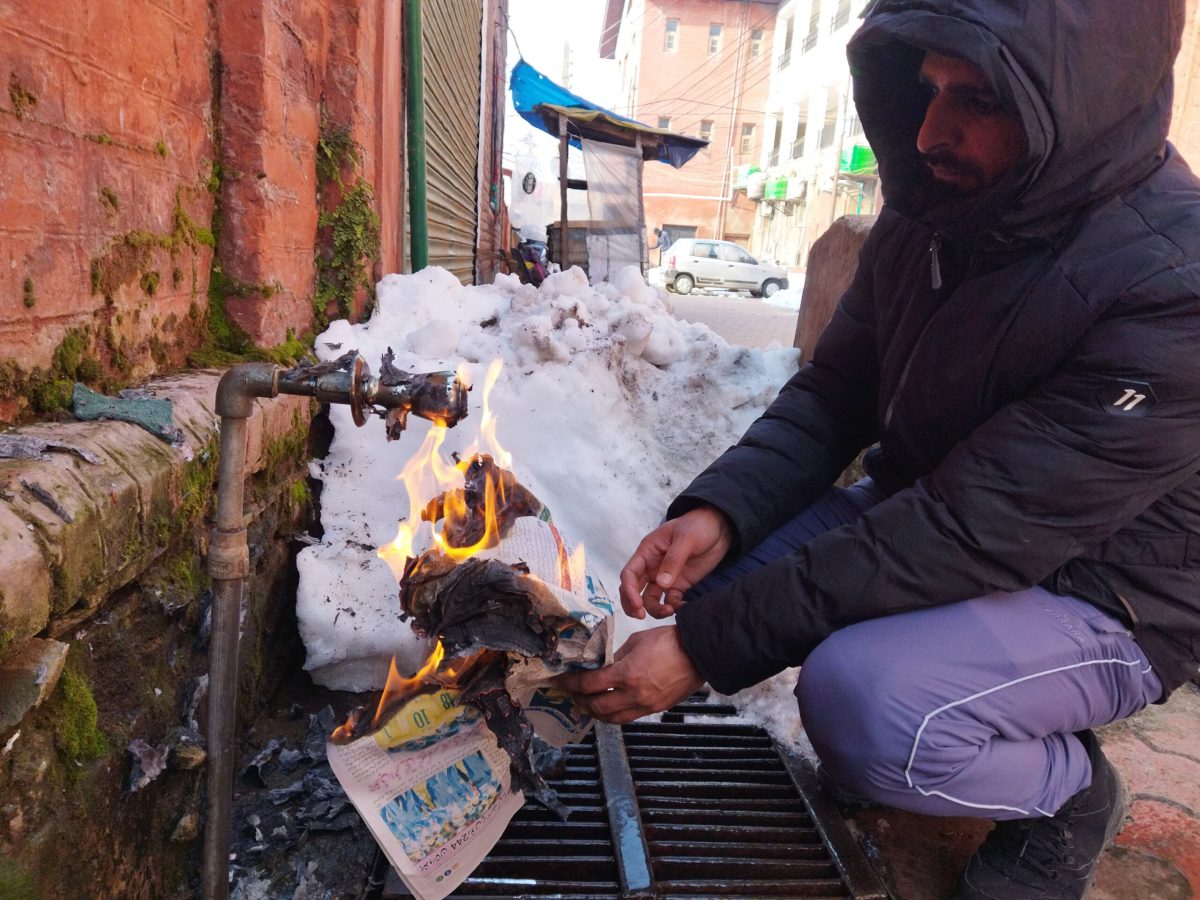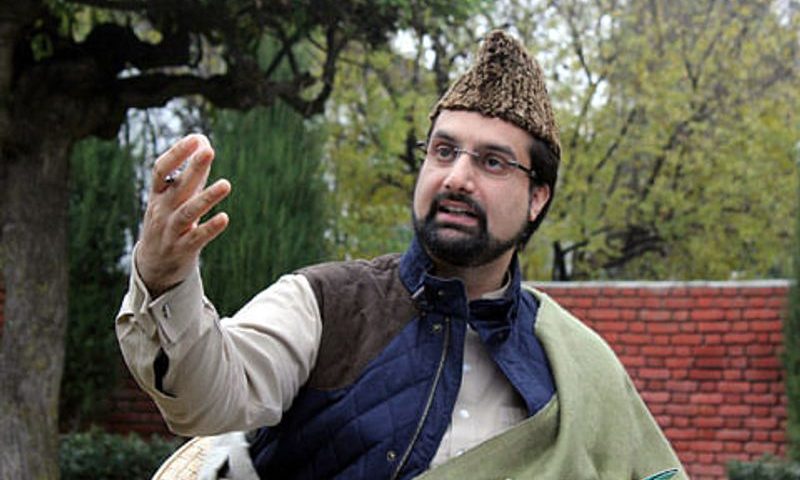The officials in Kashmir insist that there is no shortage of water but the problem is arising due to the freezing of water supply lines.
The Kashmir Valley is facing one of the harshest winters in decades which has given rise to the worst water crisis in three decades.
Plummeting temperature is leading to the freezing of lakes, water supply lines, taps, water tanks, and motors.
All the traditional de-freezing techniques used by the people have failed to yield desired results. The problem is compounded by the accumulated snow on the roads in Srinagar and other districts making driving difficult on frosty and slippery roads. However, the immediate issue that is concerning people is a water crisis.
The worst affected are the people living in the villages of South Kashmir. In South Kashmir district of Shopian, the temperature was recorded -15 degrees Celsius. In Kulgam and Pulwama districts of south Kashmir, the temperature was recorded -12 and -10 degree Celsius respectively.
Residents of the Sadow village in Shopian said that they are facing serious water crises. In some villages, people were seen fetching water from streams.
People in the Valley are resorting to seeking the help of plumbers on
Facebook as at places, frozen water pipes have burst.
“I have never experienced such a freezing temperature. I used a hair drier to warm the water motor, but the pipes remain frozen,” read a Facebook post by a Srinagar resident.
The officials insist that there is no shortage of water but the problem is arising due to the freezing of water supply lines. They say the supply lines are jammed at some places due to sub-zero temperature.
According to officials Srinagar recorded a temperature of -8.8 degree Celsius on Sunday, which is the lowest in the past 30 years. The minimum temperatures have consistently remained far below normal this winter. In 1991, Srinagar witnessed a low of minus 11.8 degrees Celsius.
The weather department officials say there are chances of gradual increase in minimum temperature as “feeble western disturbance is likely to cause isolated scattered precipitations from February 1 to February 3.” The officials say from Feb 1 morning and night temperatures will definitely improve by few notches.






